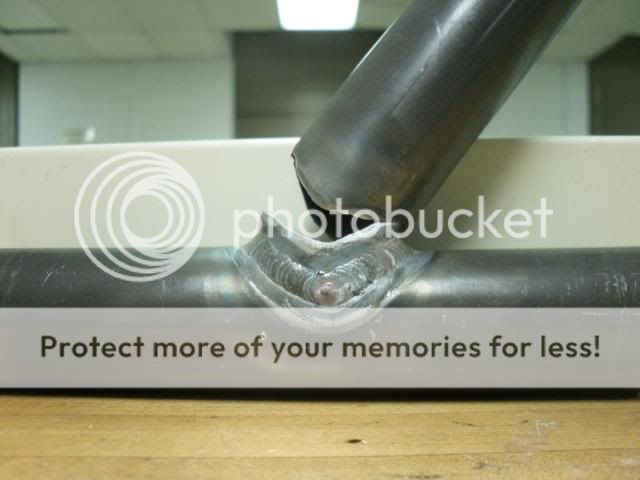I am the total opposite, I think brazing and I think of soldering. I use to race r/c cars and would solder my own battery packs together and I remember how hard it was to force those battery bars off (stress test of course) So I can only come to the conclusion that brazing will be much stronger on a bicycle application.
The final decision really came after I did a lot of research and found how much can be done with an oxy-acetylene torch, as Jim mentioned. It is the fact that I can gas weld, braze and cut metals that make it the best choice for my garage.
I figure for custom items (i.e. tanks, frame panels) can be done easily with brazing and have a beautiful finish, and any types of repairs or for items like custom motor mounts I can use gas welding with confidence that it won't break easily.
And cutting stuff is just fun!
The final decision really came after I did a lot of research and found how much can be done with an oxy-acetylene torch, as Jim mentioned. It is the fact that I can gas weld, braze and cut metals that make it the best choice for my garage.
I figure for custom items (i.e. tanks, frame panels) can be done easily with brazing and have a beautiful finish, and any types of repairs or for items like custom motor mounts I can use gas welding with confidence that it won't break easily.
And cutting stuff is just fun!




